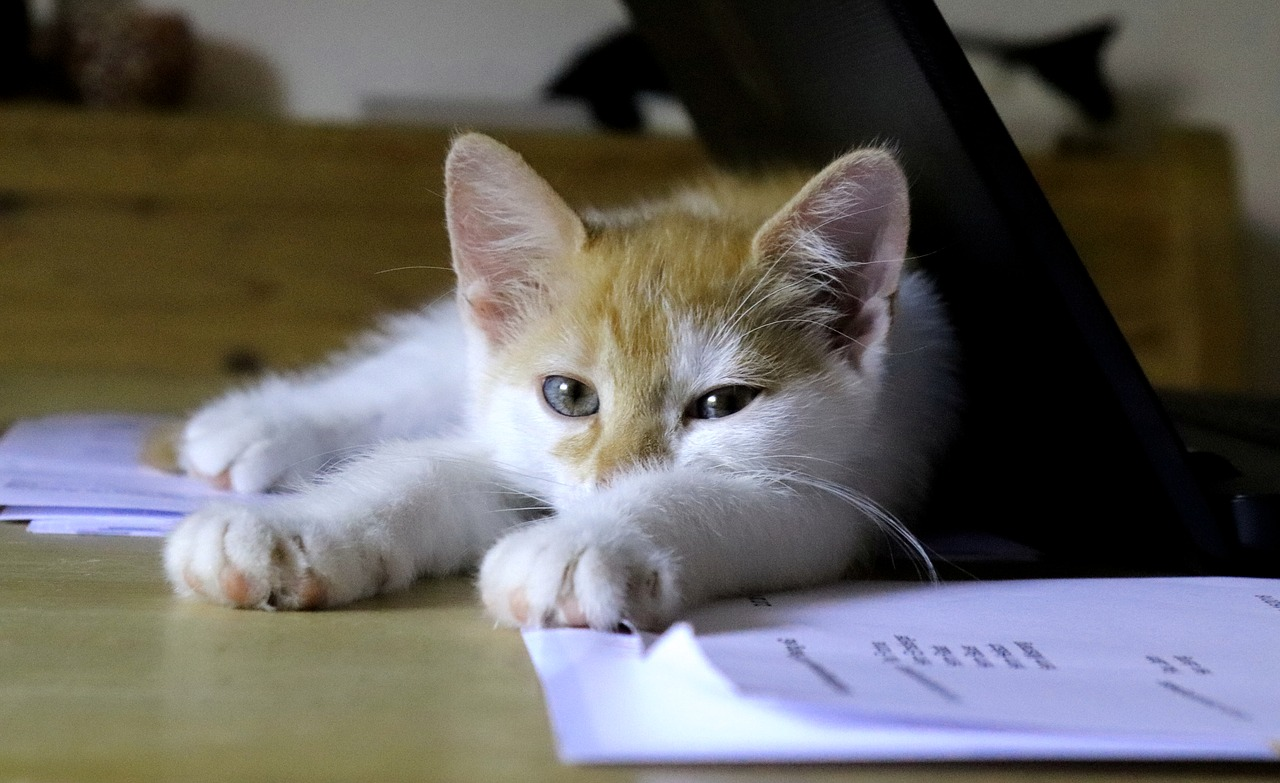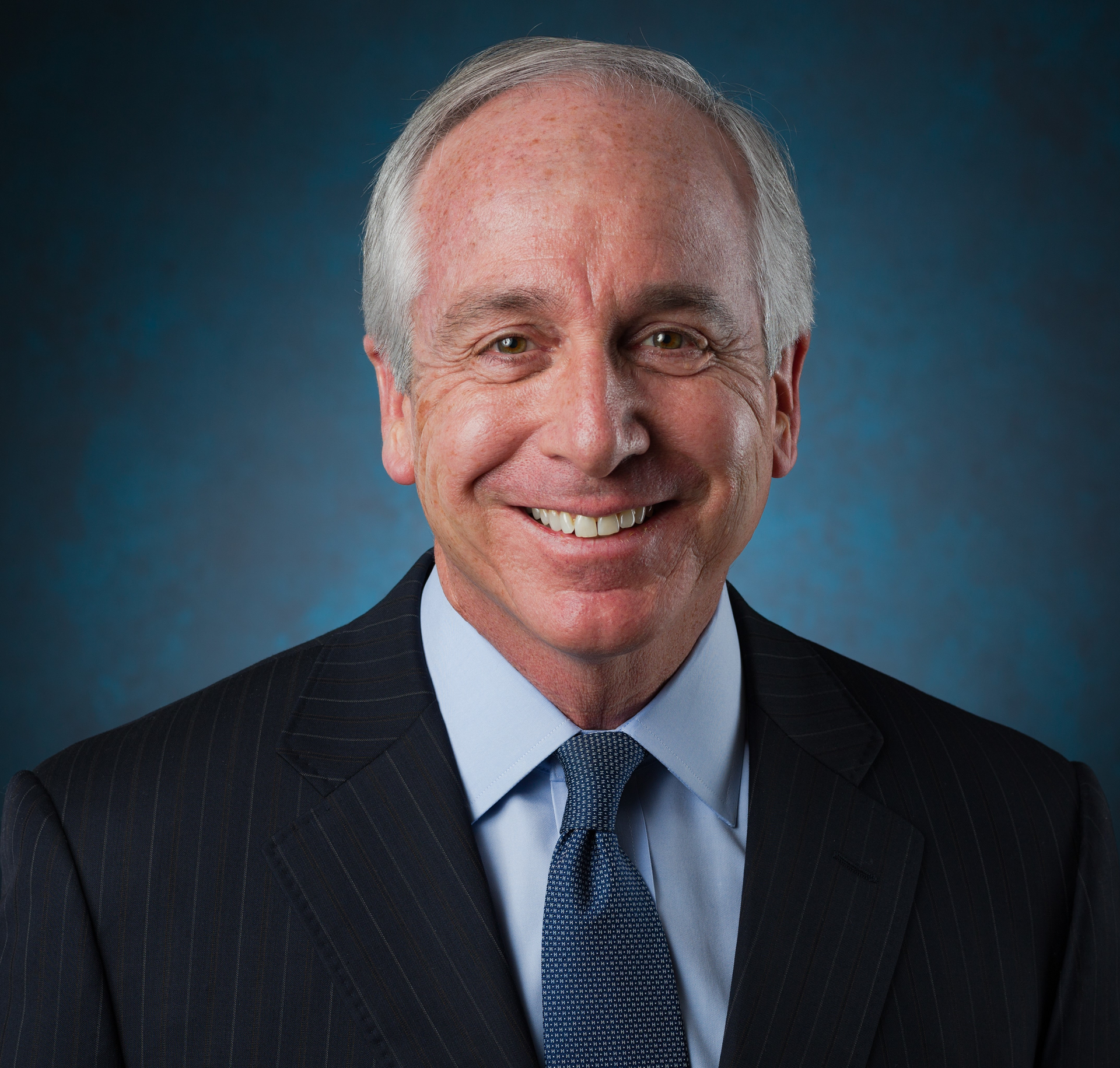Just about every manager has seen it around the office at various times: a symphony of yawns, stretches and unfocused gazes on employees’ faces. Some of your staff likely aren’t getting enough sleep.
Seventy-four percent of professionals in a survey from our company said they often work when tired. People tend to be less productive and more prone to making mistakes when they aren’t well-rested. When it comes to your accountants and auditors, that brings serious risks.
Full personal lives, ever-increasing workloads and constant connectivity make it difficult to get enough rest. The good news? You can help your team on all three fronts.
Why being tired is a problem
If we don’t get enough sleep, the results can be physical and mental impairment. It could also become a health issue.
- Health implications — Sleep loss has been linked to health problems ranging from obesity to heart disease, but even mild fatigue can take its toll. Although your accounting employees aren’t operating heavy machinery during office hours, tired workers are prone to falls and other mishaps, including car accidents during their commute. Chronic sleep deprivation could also lead to burnout and breakdowns.
- Work impact — When people are tired, they have a hard time concentrating and remembering information, and foggy thinking leads to poor performance, subpar judgment and on-the-job errors. A 2016 RAND Corporation report found workers’ lack of sleep costs the U.S. economy up to $411 billion a year.
What’s keeping them awake?
If your staff members are regularly yawning on the clock, consider the underlying reasons. Is the fatigue a result of an overload of personal responsibilities? The heavy workload you’ve assigned them? Chances are it’s a combination of both. Many people who skimp on sleep do so to meet the demands of daily life or because they’re stressing about a work or personal issue.
How to help tired employees
As a manager, you have the power to help employees balance their home and office responsibilities. Here are five suggestions:
1. Open lines of communication. Meet with individual team members regularly to check in on project statuses and whether they need more support or extra resources. It’s always better to be proactive about an issue like fatigue rather than dealing with it after employees become burned out or make costly mistakes.
2. Prioritize work-life balance. Consider offering assistance in the form of flexible work hours and telecommuting options. Carefully monitor workloads, and don’t let staff become overburdened. Here is another area where communication helps: Work-life balance and workload levels should be recurring agenda items in one-on-one and team meetings.
3. Protect staff members’ time. You might think nothing of sending out late-night emails, even if you assume employees will simply answer them in the morning. Yet some people have their phone notify them of all incoming messages, and they may feel pressured to respond to you right away. To help your team get the sleep they need, avoid contacting them after hours — regardless of the method — as much as possible.
4. Lead by example. Your actions speak much louder than your words. If you tell staff it’s fine to leave at 5 p.m., yet you stay late every night, you’re actually saying that the way to get ahead at the firm is to work extra long days. Avoid being a workaholic, and encourage everyone else to do the same.
5. Bring in extra help. Tax season and year-end activities are a fact of life in a public accounting firm, and such times are notorious for their long hours. When there’s too much for your full-time staff to handle, interim accounting professionals can step in and reduce the load. Get ahead of the situation by planning for peak periods.
Working tired is not sustainable. Employees will eventually reach their breaking point and become sick or quit. The bottom line: Fatigue is bad for both your staff and your firm. Wake up to this widespread problem, and proactively give your workers the help they need.
=======
Paul McDonald is senior executive director at Robert Half, the world’s first and largest specialized staffing firm. He writes and speaks frequently on hiring, workplace and career-management topics. Over the course of more than 30 years in the recruiting field, McDonald has advised thousands of company leaders and job seekers on how to hire and get hired.
Thanks for reading CPA Practice Advisor!
Subscribe Already registered? Log In
Need more information? Read the FAQs





